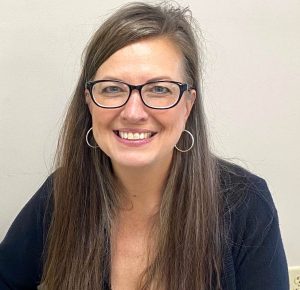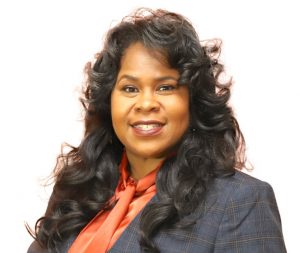Georgia’s history of progress is, in part, a tale of investment in transportation. Beginning with the port of Savannah in the 1700s and an extensive rail network in the 1800s, Georgia grew strong and prosperous because our ancestors understood the importance of building these vital economic connections.
It happened again after World War II with the development of the world’s most utilized international airport. We became the leader of the New South when we added a first-rate highway system that tied together our rural and urban communities and connected Georgia to the rest of our country.
Today, after decades of inadequate and inefficient transportation investment, our future economic growth is threatened by crumbling infrastructure and inadequate capacity. We are now challenged to invest in our continued growth and prosperity, and it is critical that we, like our ancestors, step up to the generational responsibility of maintaining and expanding our state’s transportation network.
That challenge will appear on the ballot next year in each of the state’s 12 transportation regions. Georgians will be asked to approve a one-percent increase in the sales tax to fund strategic transportation infrastructure projects.
Reaching this decision point was a sometimes challenging exercise in local and statewide planning and cooperation. For almost a year, city and county officials in each region compiled lists of important improvements. The Georgia Department of Transportation studied those lists and coordinated the requests. The result is a plan for $16-19 billion worth of projects to be funded over the next 10 years by the one-percent increase.
Here’s why this process makes sense for Georgia:
• Local officials and citizens – those most knowledgeable about local needs – put together the lists.
• Funds for those projects will be raised and spent entirely within those districts. The first 75 percent will fund each region’s projects and the remaining 25 percent will be given to the region’s cities and counties to spend on hometown transportation improvements with the greatest impact.
In other words, local decision makers determined local transportation needs and will receive 100 percent of the new revenues in their region to address those needs. Local communities are taking care of themselves, not waiting for action from Washington.
Citizens have a choice. The regions that approve the ballot question will get to use the money for their own local and regional improvements. Those that turn down the investment opportunity may save pennies, but will miss an important opportunity to position for economic growth and the jobs and dollars that come with it.
Why is this investment such an important step? First of all, this comes at a juncture when roads and bridges around the state need critical maintenance. Secondly, population growth has outstripped our investment in transportation infrastructure and we must add capacity to catch up.
As we seek to make Georgia more competitive economically, it is imperative that we have a highway system that promises business access to and from markets for both their people and products. Inadequate asphalt, system bottlenecks and the gridlock they create choke off economic activity.
For more than 250 years, Georgians have understood the value of investment in transportation infrastructure. Today, leaders on the local level have risen to the task. Now it’s our turn. I urge voters to understand the importance of keeping Georgia connected, to learn more about the plans for improvements in your region, and to encourage others to support the plans.
The ballot will ask Georgians to make a decisive investment in transportation. Regions that approve this investment will take a big step in the direction of securing Georgia’s economic future.
[Nathan Deal has been a prosecutor, a judge, a state senator and a congressman before being elected governor in 2010. Deal was elected as a Democrat in 1980 and switched to the Republican Party in 1995 while serving as the Ninth District representative to Congress, a north Georgia area that includes Gainesville.]












Leave a Comment
You must be logged in to post a comment.